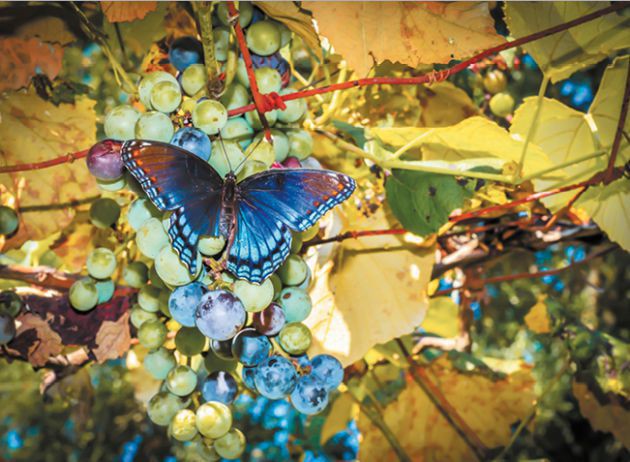
Consumer desire for sustainable wine waning
Consumer desire for sustainable and alternative wines is waining, despite awareness of the majority of such wine types having increased since 2019, according to a new report.
Amongst the range of sustainable wine types which resonate most with drinkers, organic comes top of the list, with its strength arising from a high level of understanding about the concept of organic from other food and drink categories, according to The Wine Intelligence SOLA: Opportunities for Sustainable and Organic Wine 2021 report.
As for the majority of sustainable wine types, awareness of organic wine has increased since 2019. However, this increase has been countered by a decrease in “consideration and affinity” among consumers in the past 12 months – a trend the report stated was true for all alternative wine types, not just organic.
This, said Wine Intelligence, suggested that although consumers are more aware of alternative wine types and sustainability in wine, they were not yet making the conscious decision to choose a sustainable wine over one without these credentials.
“This observed year-on-year trend may relate to a broader finding that we have been tracking across almost all wine consumption markets in the Covid era – consumers are sticking with what they know and are shying away from experimentation and adventure,” said CEO Lulie Halstead.
Since Wine Intelligence first started tracking the impact of the pandemic on consumer behaviour in March 2020, it said wine drinkers around the world had consistently been turning to wines they viewed as “familiar, safe, trustworthy and reliable”.
Halstead added: “We hypothesise that this could be either due to having less time to shop, and therefore making quick decisions when in the store, or consumers having less spare cash or fewer occasions to trial a new type of wine. The loss or severe restriction of the on-premise channel in many markets, taking with it the opportunity for hand-selling a non-traditional product, may also be playing a role.”
On a more positive note, the report also found that, when compared to a wine without any claim, displaying ‘organic’, ‘environmentally friendly’ or ‘sustainably produced’ on a label tend to have a positive impact on the intent to purchase.
“That said, it is interesting to note how these findings vary by market. ’Organic’, for example, has a much stronger impact in Sweden and Canada than in Australia and the UK. Also interesting to note is that almost half of wine consumers say they only trust the sustainability of wines if they have an official certification,” said Halstead.
The report measures wine consumer attitudes towards 13 types of alternative wines, including organic, sustainably produced and environmentally friendly wine.
The data comes from surveys in 17 key wine markets amongst 17,000 wine drinkers conducted in October and November 2020.






